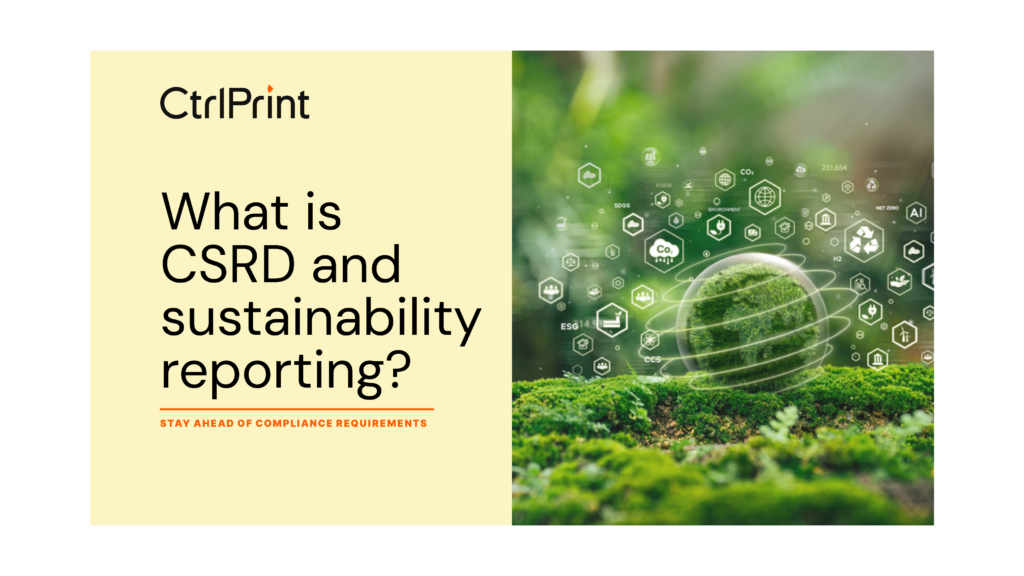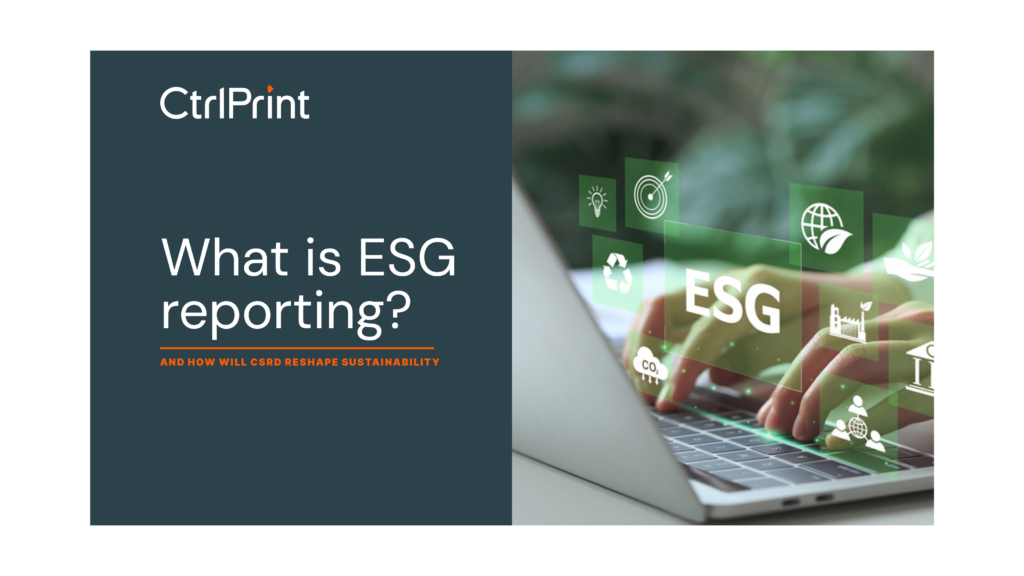Excel the most used tool for data collection & consolidation of ESG data
Today, there is a proliferation of different vendors offering tools focused on sustainability data collection. However, Excel remains the preferred choice for consolidating sustainability data before it is analysed, edited, and presented in the designed report.
To collect sustainability data is inherently a complex process, involving various metrics such as energy consumption, employee information, and carbon emissions from different sources. Excel’s compatibility with multiple data formats simplifies the process by seamlessly merging data from systems, surveys, and external databases. This ensures a cohesive and comprehensive dataset.
27% are still unsure
It is worth noting that the survey found that approximately 27% of respondents are still in the decision-making process, considering which tool to use for CSRD and data collection. So, if you are one of those still wondering how to approach the data collection process, don’t worry; you’re in good company. Interpreting and complying with the complex guidelines of the CSRD is a challenge for almost everyone. At CtrlPrint, we are working closely with our customers and various ESG platform providers to ensure that we are all as prepared as possible for the upcoming reporting season.



